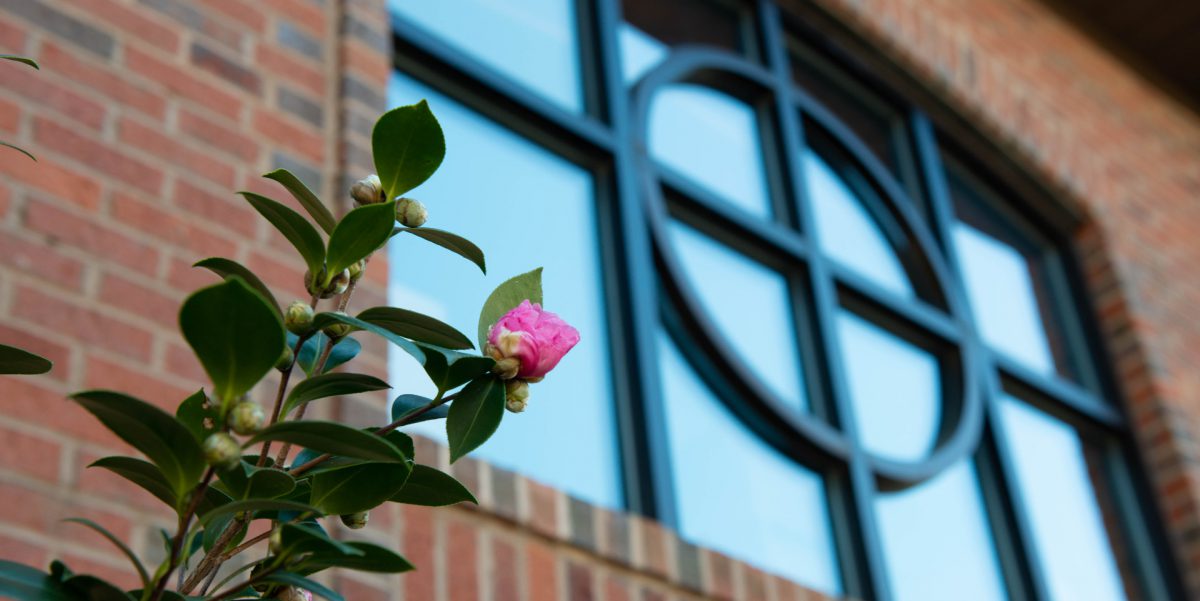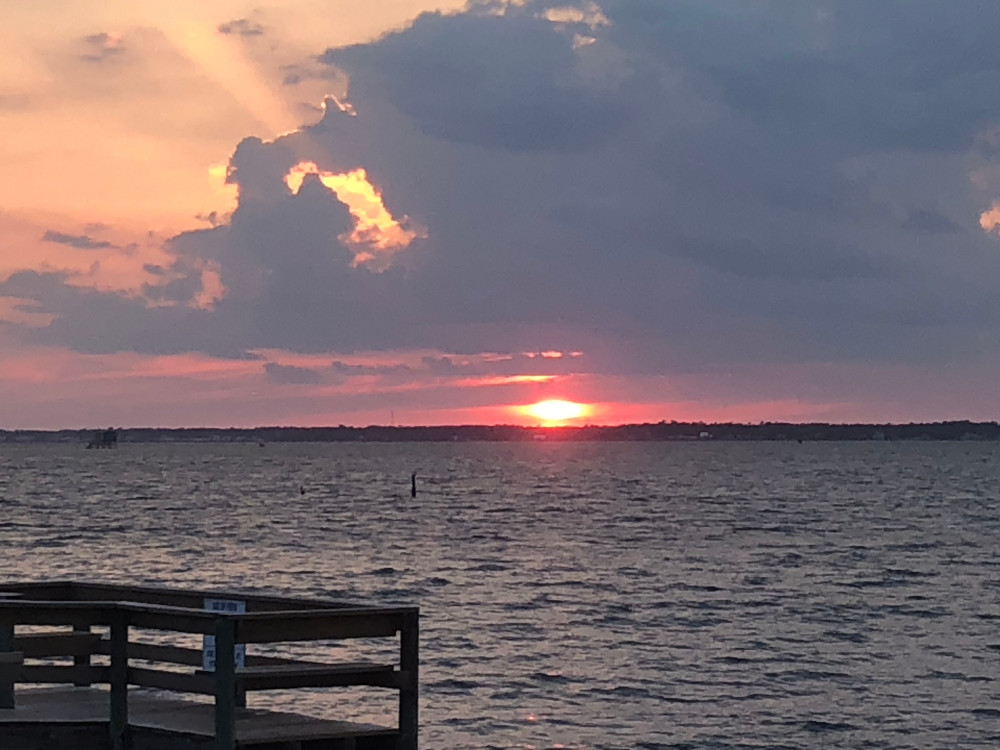I don’t know about you, but my soul is weary these days, feeling that there are no good answers. There are no happy solutions to anything related to the way our lives have changed because of Covid-19. We don’t have to imagine unintended outcomes to later take us by surprise, because no matter the outcome, the consequences will not be good for someone and probably soon.
As Anglicans, we pride ourselves on our ability to see the middle path, the via media, between the extremes, to be able to compromise, find a solution, and leave room in the tent for everyone. However, right now, there doesn’t even seem to be a middle path, a way to compromise, a way to find solutions that help everyone and do not harm in some way. Every decision comes with an unusual (in “normal” times) amount of risk.
This leave me feeling spiritually depleted. How do I keep my spirits up when it’s all bad news? How do I possibly ask God to help (other than a complete and total cure and/or vaccine for this virus) that doesn’t come with some sort of consequence? What do I pray for when I can’t see any conceivable solution, or to even know what to ask for?
This might be the time we as Anglicans need to reconnect with our tradition of mysticism. I wonder if we need to sink deeper into the mystery of God at work in the world in ways we don’t and can’t understand. I wonder if resting in the silence of “unknowing” might be the spiritual solution for reviving our souls during this spiritually challenging time.
Living in the present is not very fun right now, but living in the presence of God is something else. Resting in the presence of God in the present moment and surrendering our wills to God brings us a sense of peace. This is not to say that we don’t continue to work and do the next right thing. But waiting in the presence of God brings us a kind of peace as well as some clarity of the next right thing.
I find it comforting that God is at work in all this, though we might not see how right away. The mystery of God is what gives me hope right now. How about you? Can you find hope in the mystery?










